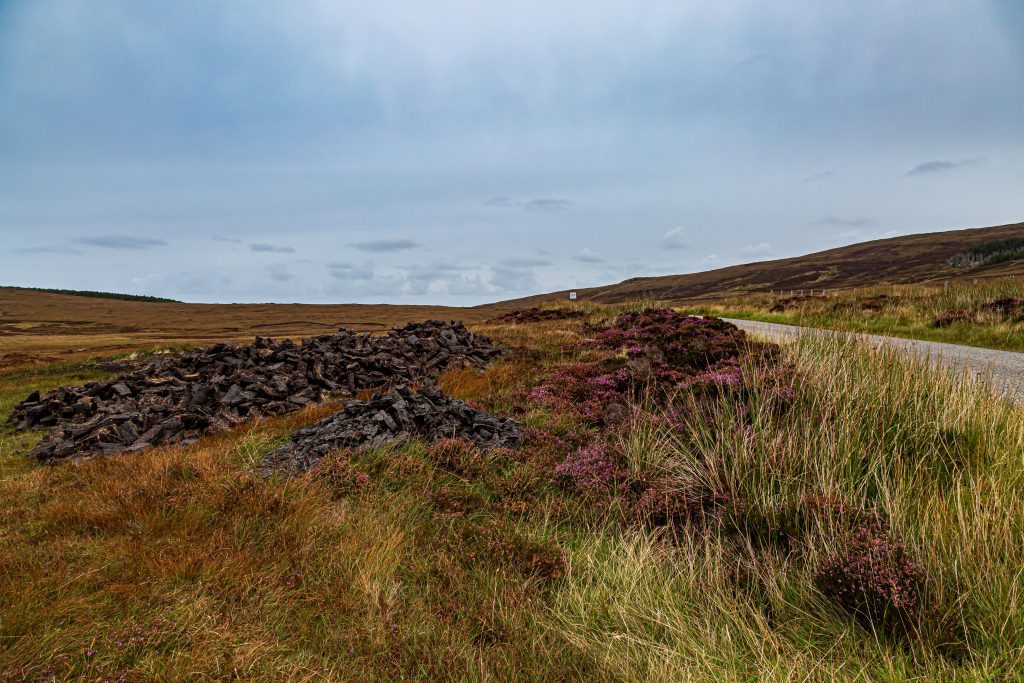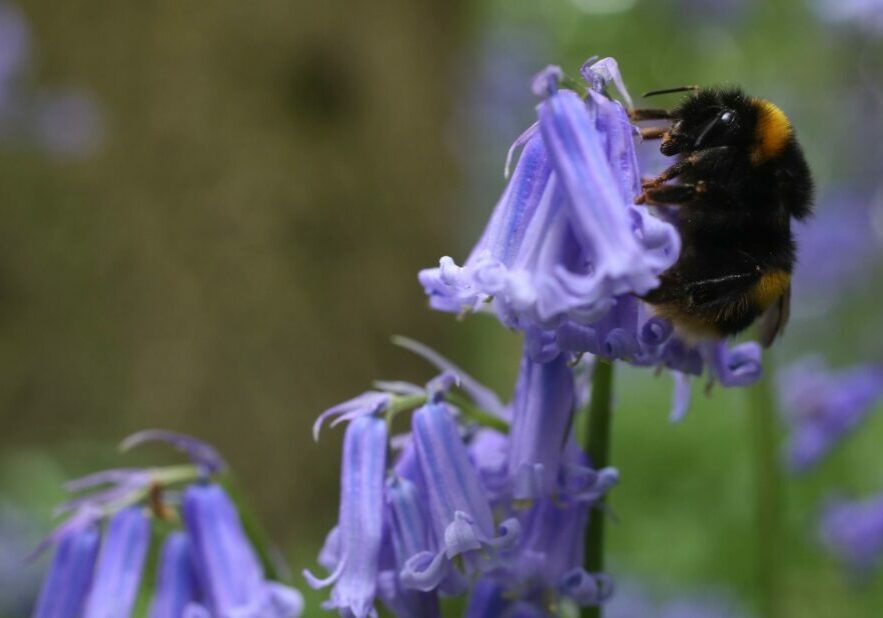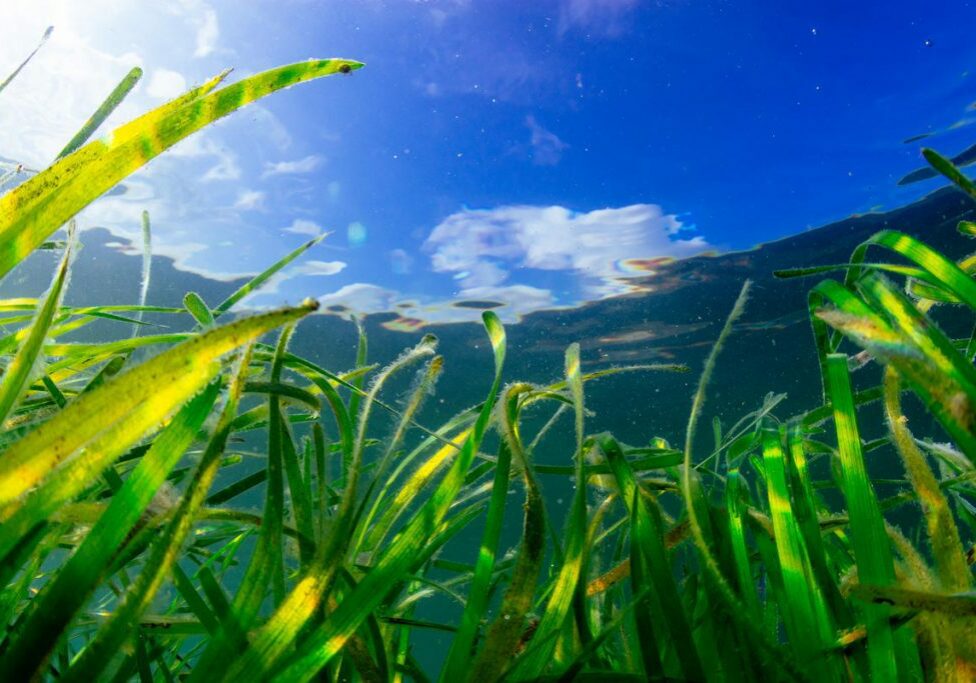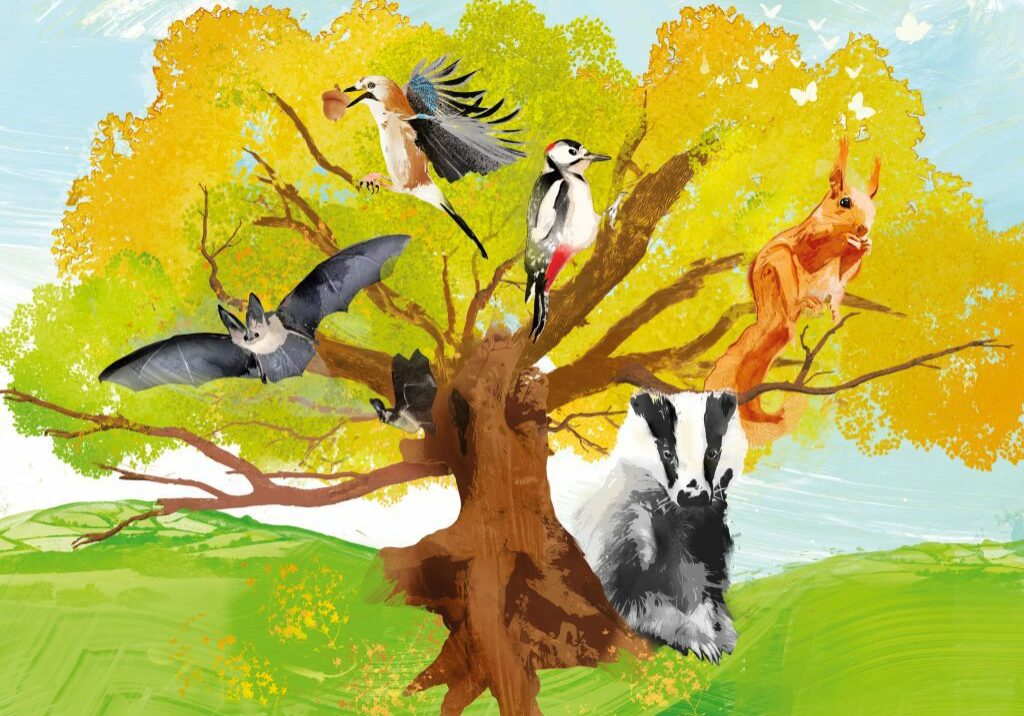Thanks to your support, the burning of heather on peatlands (known as muirburn) is being banned in Scotland – and the future for Britain’s vital peatland habitats is looking up.
Peatlands are incredibly special places. These carbon-rich wetlands cover around a fifth of Scotland’s land area and more than a tenth of the UK as a whole. They’re home to rare and threatened wildlife, including merlins, hen harriers and curlews, as well as newts, frogs, lizards, snakes and unique plant species.
On top of that, they’re one of our most important allies in the fight against climate change. Over thousands of years, peat bogs have locked up vast amounts of carbon in their soils. In fact, peatlands in the UK store more carbon than all of our forests put together.
But our peatlands are in a bad way – around 80% are degraded. Peat is extracted on an industrial scale to make compost for horticulture. Even though sustainable alternatives have been available for years, it’s still found in most bags of compost on sale at your local garden centre.
Peat extraction strips away the sensitive bog vegetation and removes the carbon-rich soil that’s taken centuries to accumulate. On top of that, peat bogs are drained for farming and forestry while huge areas are regularly burnt to maintain habitats for grouse shooting.
As well as threatening their unique wildlife, the destruction of peatlands increases soil erosion and flooding, and affects water quality (most of Scotland’s drinking water is filtered through peatlands). And instead of absorbing carbon, degraded peatlands release it into the atmosphere – recent research suggests this could account for around 4% of the UK’s total greenhouse gas emissions.

But we’re fighting back. Thanks to your support, WWF and our partners helped persuade the Scottish government to ban muirburn on peatlands from 2021. That’s good news for nature and the climate, since burning on peat bogs is a double whammy when it comes to climate change: not only does it release carbon dioxide into the atmosphere, but it also reduces the ability of peat habitats to absorb more carbon in future.
Your membership has also been instrumental in getting the Scottish government to dedicate funds to restoring peatlands and to take a longer-term approach to managing them, including phasing out peat extraction. The Scottish government also plans to ban the sale of peat-based compost, but has yet to set a deadline for this.
South of the border, garden centres in England will be banned from selling peat-based compost from 2024 – although this only applies to amateur, not professional use, which we don’t think goes far enough.
And the Westminster government has announced a £50 million action plan to restore 35,000 hectares of degraded peatlands in the next four years – about 1% of the UK’s total. Burning without a licence will also be banned.
After Glasgow hosted crucial UN climate talks in November 2021, it’s never been more important to show commitment to protecting and restoring our country’s most important carbon sink. With your support, we can demonstrate that it’s possible to combat the climate crisis and bring back nature at the same time.
More to explore

UK wildlife feeling the heat
The effects of climate change can already be seen close to home, with UK wildlife facing unprecedented challenges

